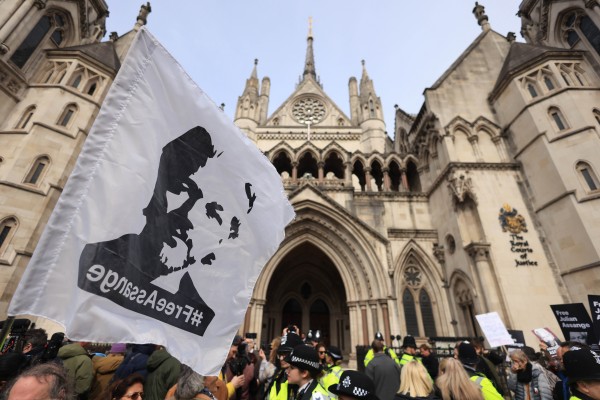The International Press Institute (IPI) last week sent a letter to Bahamian Prime Minister Perry Christie urging the newly re-elected leader to decriminalise defamation offences and thereby bring the nation’s press-related laws in line with international standards.
Under the Bahamian Penal Code, individuals convicted of intentional libel face up to two years in prison. Seditious libel or libel with a seditious intent, including insult of the Queen, carries a prison sentence of up to three years for repeat offenders.
Although the Bahamian government has not applied the provisions in recent years, IPI believes they pose a threat to free expression as long as they remain on the books. IPI, together with its regional strategic partner, the Association of Caribbean MediaWorkers (ACM) is currently leading a campaign against defamation and insult laws in the Caribbean.
Currently, defamation remains at least partly criminalised in all 16 independent countries considered to be culturally or geographically part of the Caribbean. In July, Grenada removed most references to defamation from its penal code but retained seditious libel and references to insulting the Queen.
Read the full text of the letter below:
The Rt. Hon. Perry Christie, P.C., M.P.
Prime Minister
Commonwealth of the Bahamas
16 November 2012
Dear Prime Minister Christie:
On behalf of the International Press Institute, I would like to congratulate you on your re-election as Prime Minister of the Commonwealth of the Bahamas and to encourage you to consider the decriminalisation of libel offences in your country.
In June 2012, the International Press Institute (IPI) – a global network of publishers, editors, and leading journalists from more than 120 countries (including the publisher of the Tribune) – together with its strategic partner, the Association of Caribbean MediaWorkers (ACM), conducted a two-week mission to Barbados, Jamaica, the Dominican Republic and Trinidad and Tobago as part of an IPI campaign to abolish criminal laws that concern defamation, slander, libel, or insult in the Caribbean. Please find attached a copy of our final mission report.
Our position, which is supported by the Inter-American Commission on Human Rights and the UN Special Rapporteur for Freedom of Expression, is that criminal libel laws are antiquated and risk being misused to punish investigative journalism and chill critical opinion. Their existence promotes self-censorship on matters of public interest. In our view, libel allegations are best handled by civil, not criminal, courts, provided that any damages awarded are proportionate and designed to restore the reputation of the plaintiff and not to punish the media.
We find it particularly appalling that an island nation as vibrant as The Bahamas, which so fiercely cherishes independence and maintains close ties to the United States and the United Nations, condones the jailing of journalists and disregards the people’s right to know. As your country has always been a leader on so many fronts throughout the Caribbean, we ask that it continue this by leadership by removing criminal defamation and seditious libel from its books.
Mr. Prime Minister, we hope you would agree that no journalist should face criminal charges for what he or she has written or broadcast unless that information incites violence, which in most countries is a criminal offence. We respectfully encourage your government to consider amending the Bahamian Penal Code to repeal criminal defamation.
IPI is committed to promoting responsible, ethical journalism, and will continue to support media development and professionalism in the Caribbean. Indeed, we view our June visit as the beginning of extended engagement in the region would be honoured to travel to The Bahamas to discuss criminal defamation and press freedom in general with you in person.
At our 2012 World Congress in Trinidad and Tobago, IPI members approved the “Declaration of Port of Spain”, which calls for the abolition of criminal defamation and insult laws in the Caribbean in support of a strong and independent media. Please find attached a copy of the declaration, your support of which we would gladly welcome.
Mr. Prime Minister, I thank you in advance for your support of press freedom in the Caribbean. We firmly believe that defamation reform will strengthen democracy in The Bahamas for generations to come.
Sincerely,
Alison Bethel McKenzie
Executive Director
International Press Institute.


